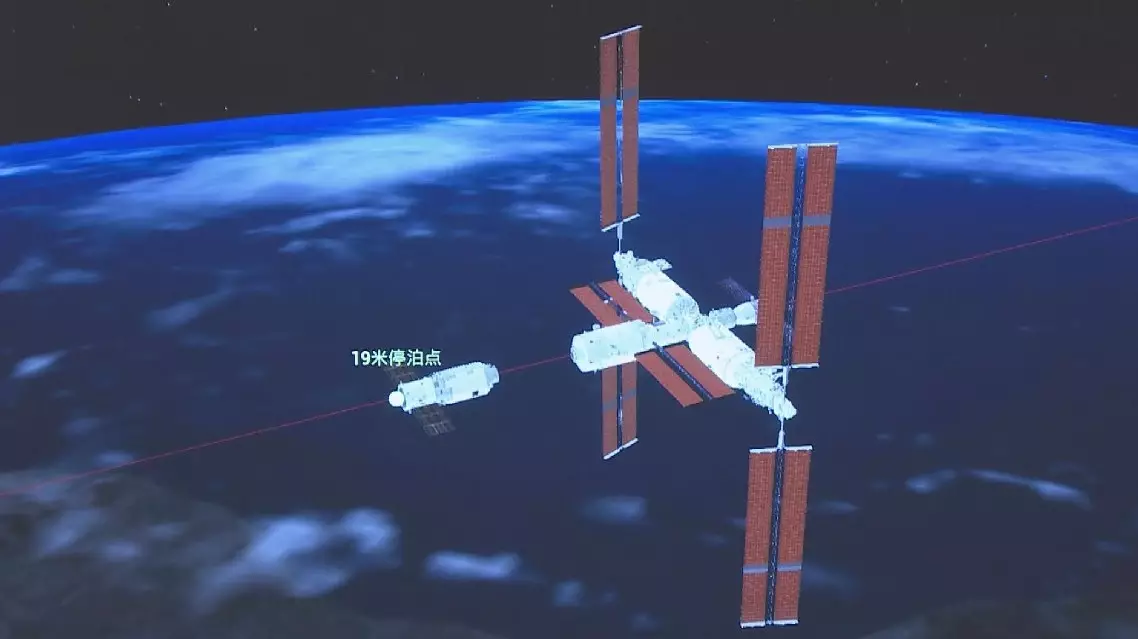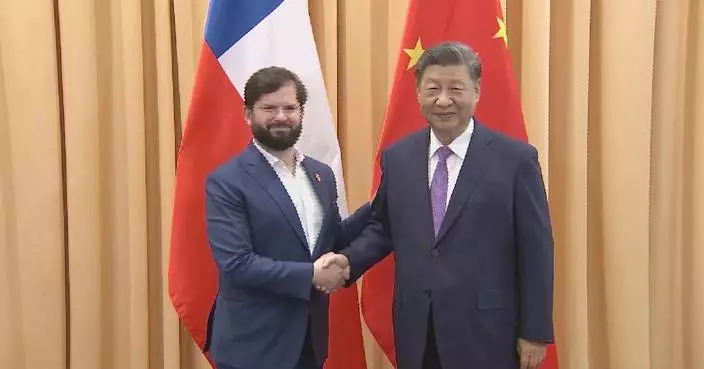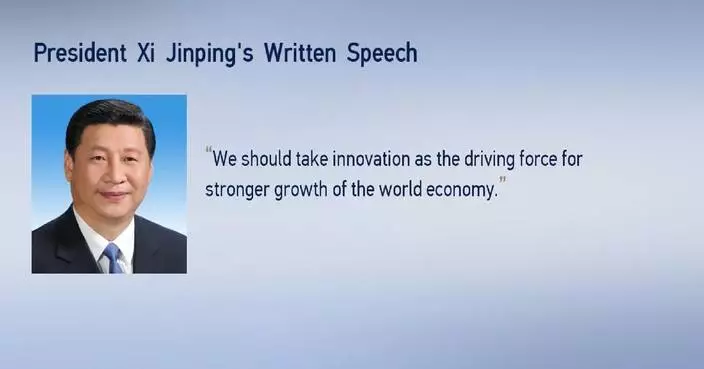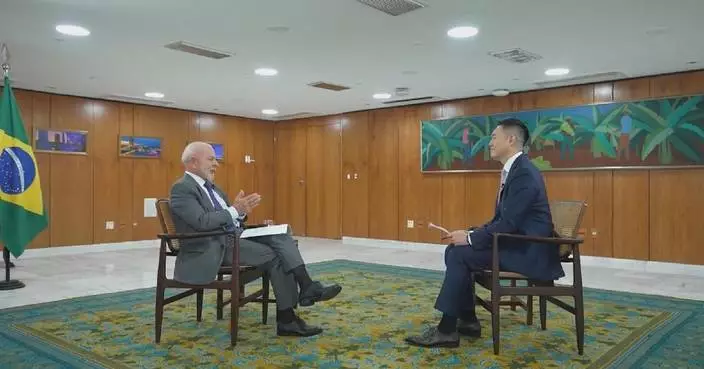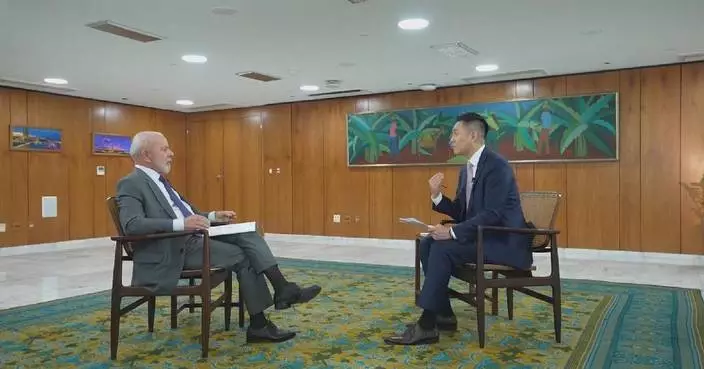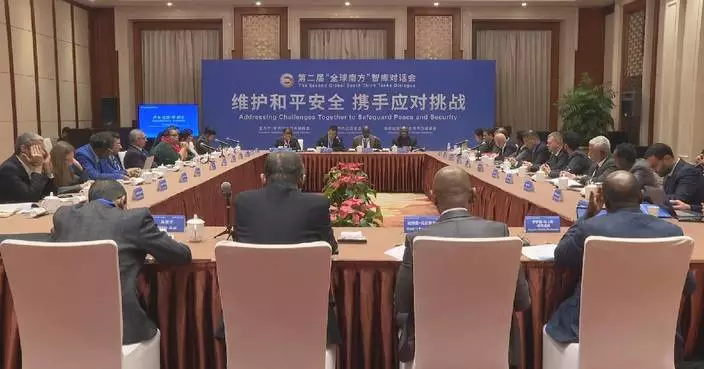Chinese President Xi Jinping's upcoming visit to Brazil may usher in a most important meeting since the establishment of diplomatic relations between Brazil and China, Brazilian President Luiz Inacio Lula da Silva said in a recent interview with China Central Television in Brasilia.
After attending the the 31st APEC Economic Leaders' Meeting in Lima, Peru on Friday and Saturday and completing his ongoing state visit to Peru, Xi will travel to Rio de Janeiro to attend the 19th G20 Summit and pay a state visit to Brazil at the invitation of Lula da Silva from Nov 17 to 21.
In the interview prior to Xi's Brazil visit, Lula said that Brazil is looking forward to strengthening bilateral ties with China as Brazil is gradually recovering in various aspects.
"Speaking of Brazil, I think Brazil is finding itself. Two years ago, Brazil was almost destroyed, and we had a very difficult recovery process. But now we have bounced back, the economy is growing, employment is on the rise, wages are increasing, and we are reclaiming our culture. We have established ministries for indigenous peoples, racial equality and women," said Lula.
"We are vigorously developing Brazil's industry, and I believe Brazil is doing well now. We are currently at a crucial juncture of ecological and energy transformation. So I am very happy. I am very pleased with the partnership between Brazil and China. I think it is very important that President Xi Jinping attends the G20 Rio Summit. We will also hold significant bilateral meetings to discuss establishing a long-term strategic partnership," said Lula.
As this year marks the 50th anniversary of the establishment of diplomatic ties between China and Brazil, the Brazilian president said that Brazil is ready to work with China to reinforce their "extraordinary partnership."
"I think this meeting may be the most important meeting since the establishment of diplomatic relations between Brazil and China. We share common ideals. China is the most extraordinary country in Asia, while Brazil is the largest country in Latin America. We have many similarities, and we hope to learn from each other in our respective areas of expertise. This visit will show the extraordinary partnership between Brazil and China, and we will continue to deepen the relationship between the two countries," said Lula.

Xi's Brazil visit to usher in most important meeting since establishment of diplomatic relations: Lula


